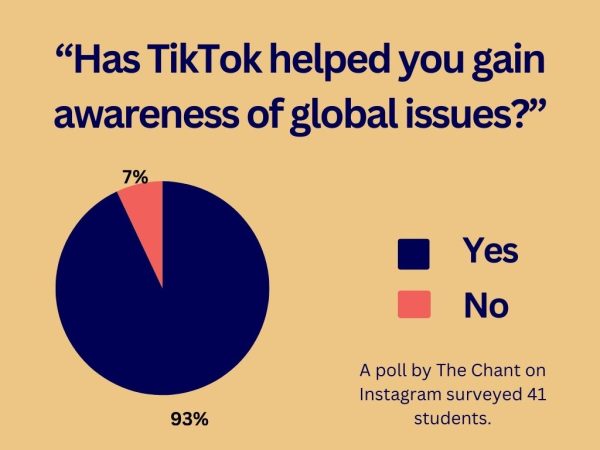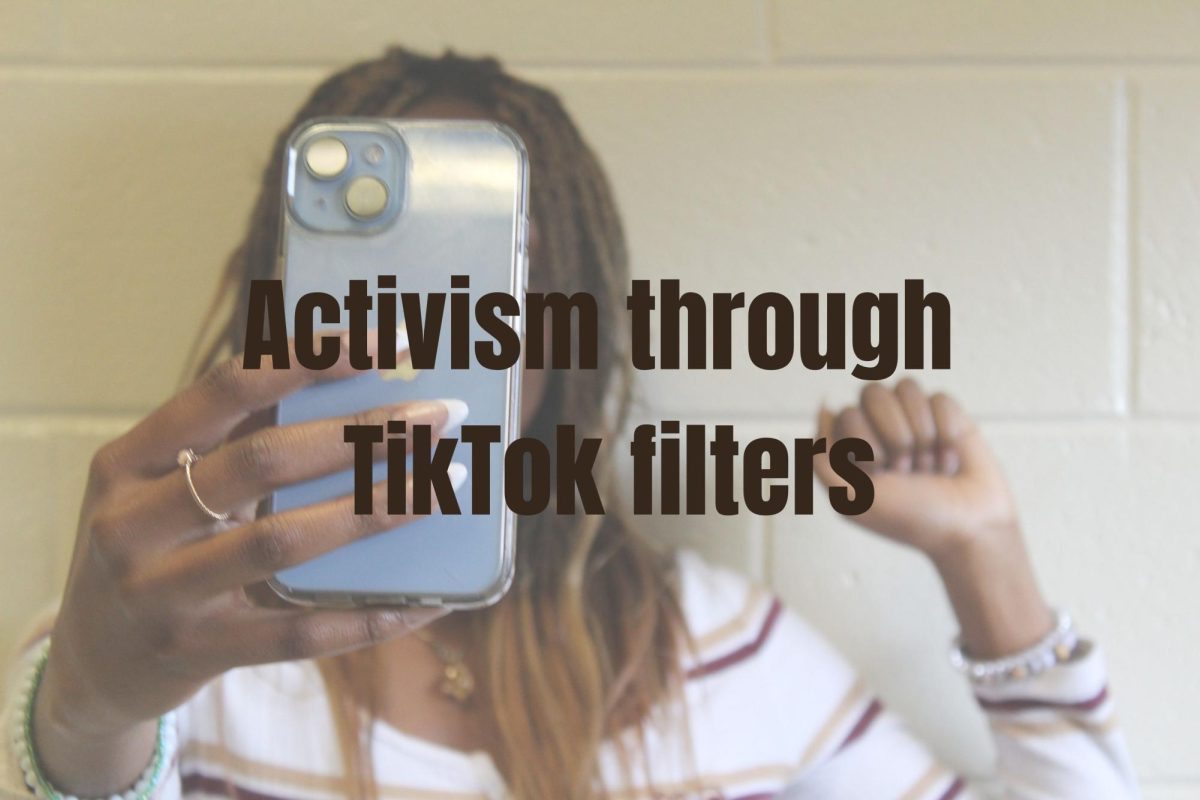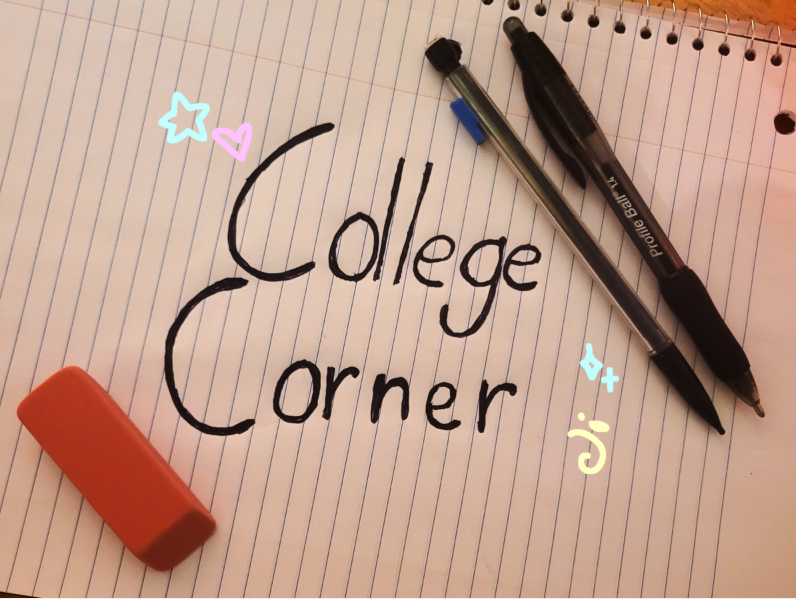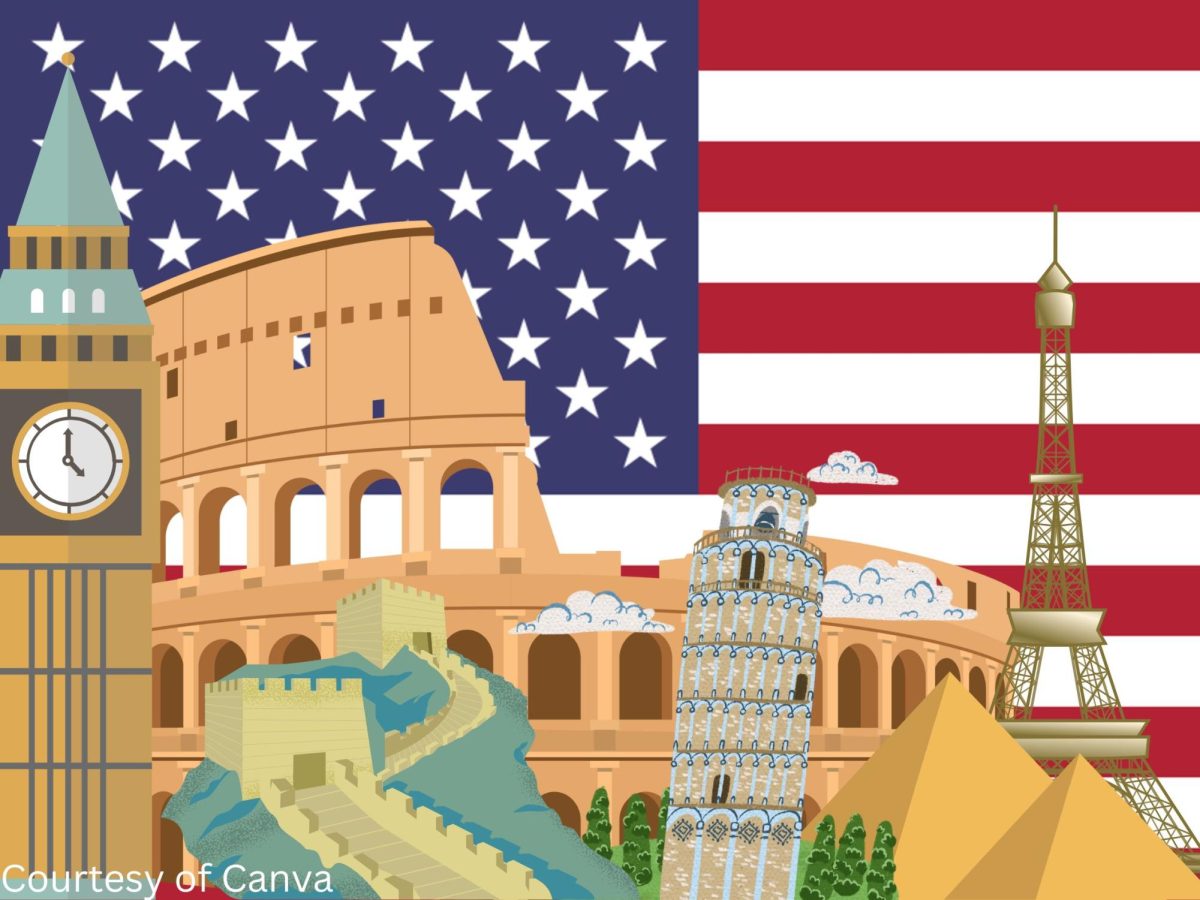As parts of the world experience humanitarian crises, people can become oblivious to the suffering of international communities due to the lack of coverage they receive. Through the use of TikTok, the popular app has become a platform to educate millions of users on global issues and provide resources to further educate themselves or even donate. Demonstrating digital activism can come through the app’s various features that allow users to express their messages in creative ways. Recently, creators of the filters claim monetary proceeds from users posting with the filter will contribute to funds to help affected communities around the world. Since then, millions of users have posted themselves using the filter and encouraged their followers to do the same.

TikTok filters provide fun and personalized attributes to an individual. Filters can change a person’s appearance, provide randomized insights about a user’s love life— or which Disney character embodies them— and even miniature games people can record themselves playing. TikTok offers a program called Effect Creator Rewards, an initiative to reward filter creators and encourage the growth of their careers. The program provides creators of high-performing filters with the opportunity to gain revenue. According to TikTok’s website, when 500,000 videos use the effect “uniquely” within a 90-day period since its publishing, the creator will receive $700. After an effect reaches that threshold, the program will provide $140 for the next 100,000 videos posted. Once the creator reaches $14,000, they will receive the maximum payout offered by TikTok.
Seeing the potential to raise money through this program, creators have chosen to put the money toward international causes. One popular filter raises money for Palestinian civilians experiencing the effects of the Israel-Hamas war. TikTok creator, Jourdan Johnson created the filter named “Filter for Good” with the intent of donating all proceeds from the filter to charities in Gaza. The filter involves users playing a game where they click on a watermelon and follow a line to pick up watermelon seeds. The watermelon stands as a symbol of the Palestinian cause, sporting the same colors as the Palestinian flag. When the Israeli government took control of the West Bank and Gaza, it banned public displays of the Palestinian flag, but Palestinians utilized the image of a watermelon to continue bearing the colors of their flag.
Johnson updated her followers and people who used the filter helped Johnson reach the maximum payout within weeks of its creation. Since the rise of “Filter for Good”, multiple watermelon-themed filters have appeared with the intent of donating given funds to charities aiding war-torn Palestine as well.
“There are a lot of people who cannot afford to donate money directly or are just too young to do so. Filters like these are great because they give so many more people an opportunity to help Palestinians in Gaza. These filters also help spread awareness. thousands of people that may have been unaware about the severity of the situation now know what’s going on because of videos with filters on social media,” magnet senior Samara Weatherly said.
Other filters have shown up on TikTok’s effects scene with the shared intent of raising funds for multiple causes. Users can now post videos with effects where the creators donate revenue to charities supporting other causes. Created by user Shumirun Nessa, “Effect for Congo” displays the Congo flag in the background. Since its release, over 900,000 videos have appeared of people using the filter, encouraging other users to film themselves with the effect. The creator also made other filters to gain monetary support for other humanitarian crises in other countries such as Afghanistan, Syria and Yemen.
TikTok has become a platform for global awareness and through its support for creators, the platform has created a system where revenue can turn into support for humanitarian crises. As various filters emerge with the intent to raise money for charities, users can now help contribute to financial assistance by picking up their phone and filming themselves with an effect.
“The internet and social media have allowed you to go to things like the Library of Congress or government entities that give you information that you need. According to the Flynn effect in psychology, IQ scores have gone up every decade for the last 70 years and one of the main reasons is through social media and technology so I think it is a great vehicle to become more aware of social issues,” AP Psychology teacher Will Hargis said.











